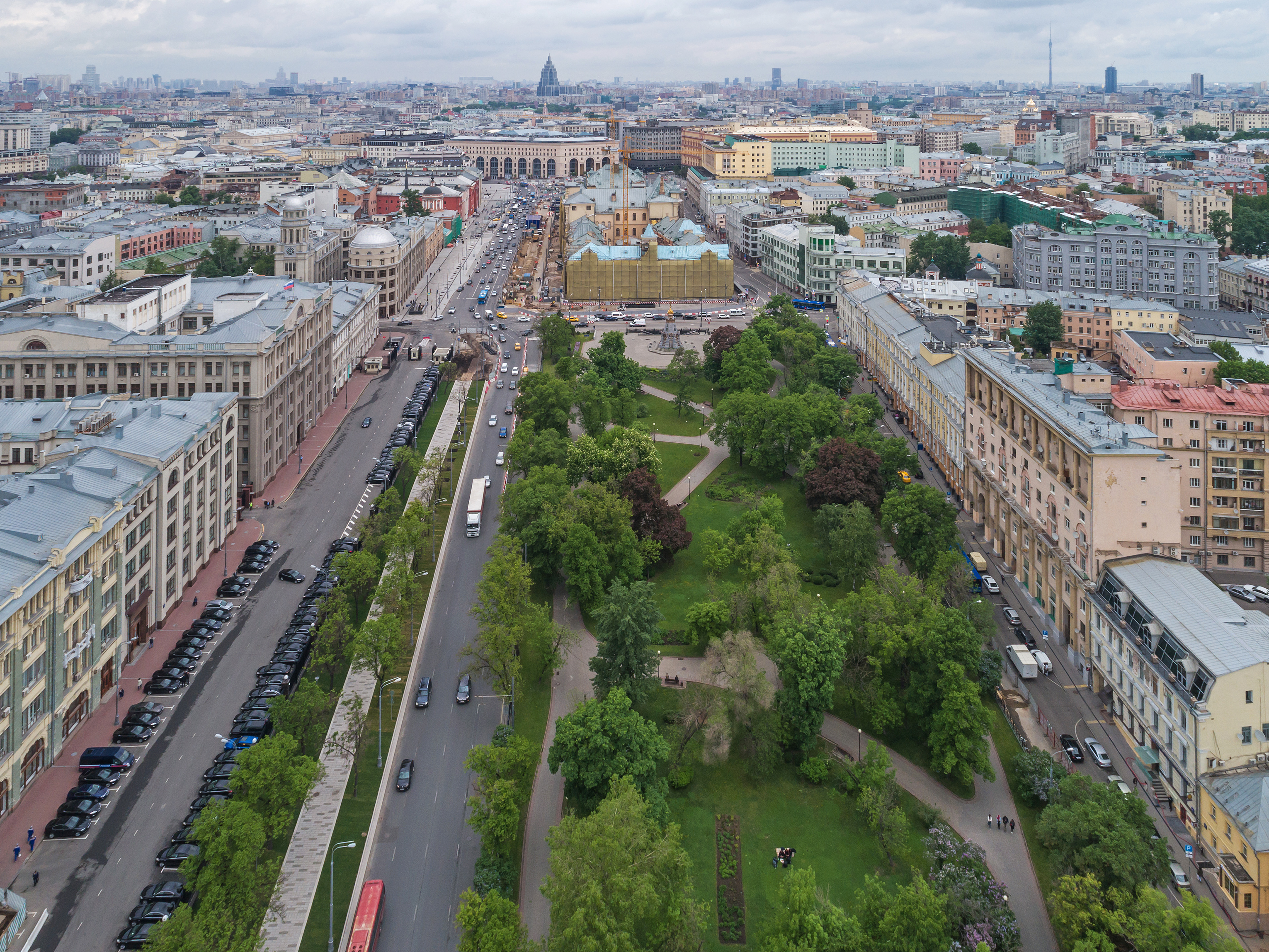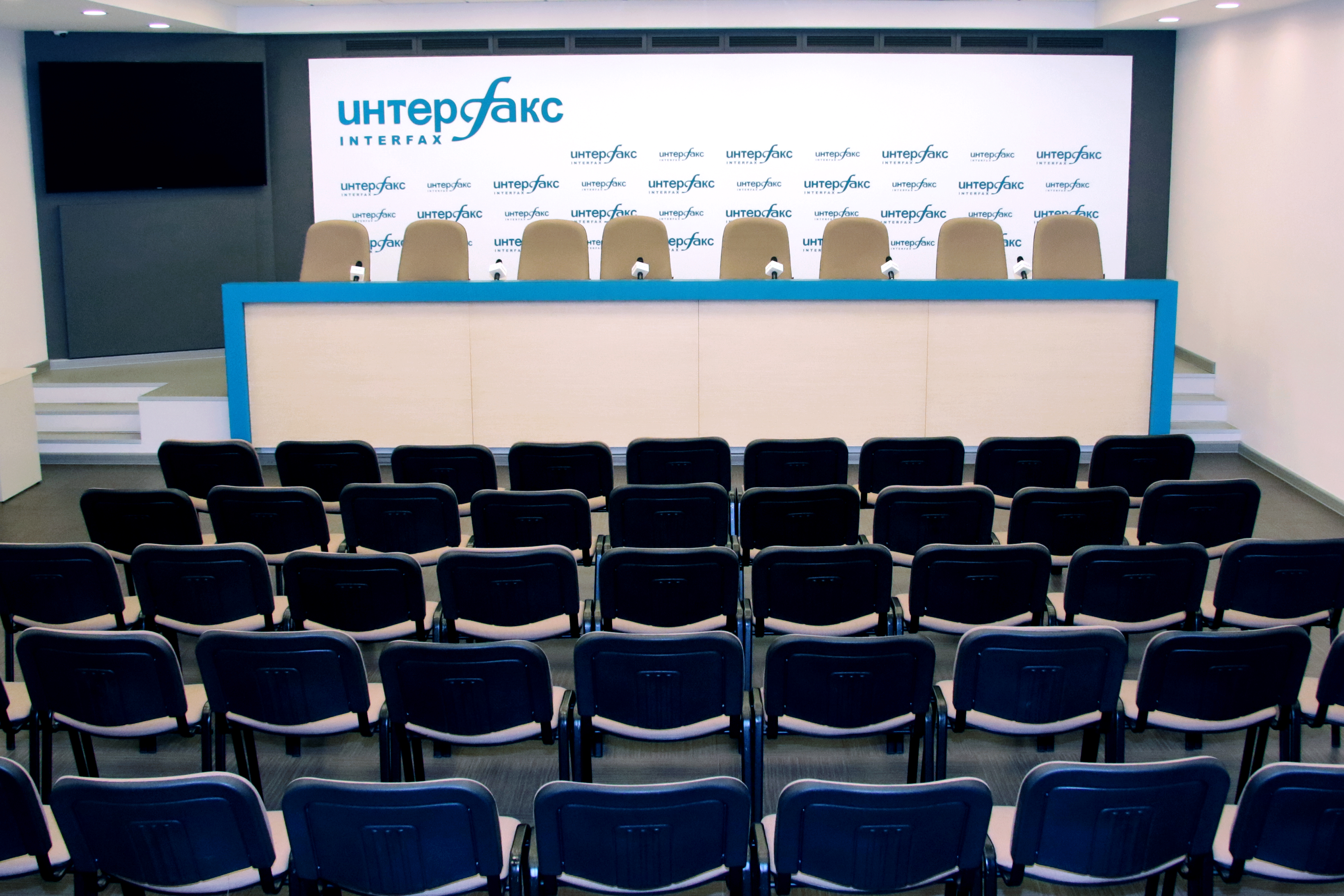|
Presidential Council For Civil Society And Human Rights
The Presidential Council for the Development of Civil Society and Human Rights is a consultative body to the President of the Russian Federation, tasked with assisting him in guaranteeing and protecting human rights and freedoms in Russia. Since October 21, 2019, the chairman of the Council has been Valery Fadeyev. The Council was created in 2004 by reorganizing the Commission on human rights, which existed since November 1993. The Council currently consists of 47 people, including political scientist Sergey Karaganov, filmmaker Alexander Sokurov, journalist Kirill Vyshinsky and economist Yevgeny Yasin. Chairmen # Ella Pamfilova (1 November 2004 – 30 July 2010) # Mikhail Fedotov (12 October 2010 – 22 October 2019) # Valery Fadeyev (from 22 October 2019) Criticism On October 5, 2009, the Council issued a statement condemning the actions of the '' Nashi'' activists against journalist Alexander Podrabinek. The original version of the statement, posted on the Council's ... [...More Info...] [...Related Items...] OR: [Wikipedia] [Google] [Baidu] |
Staraya Square
Staraya Square (russian: Старая площадь ''Staraya Ploshchad’''), literally "Old Square", connects Ilyinka Street with Varvarka Gates Square in central Kitai-gorod area of Moscow, Russia. It is not a square in a true sense, but a street, normally closed to regular city traffic. The historical building located at 4 Staraya Square, was the headquarters of the Central Committee of the Communist Party of the Soviet Union, thus ''Staraya Square'' became a symbol for the Party apparatus. Now the building is the headquarters of Presidential Administration of Russia, retaining its symbolic value. It is one of the Central Squares of Moscow forming an arc around Moscow Kremlin and Kitai-gorod. History Staraya Square emerged as the city street inside the Kitai-gorod fortress wall; a parallel street outside the wall is named Kitaisky Lane (as there are no buildings in this lane, the name has fallen out of usage). The wall was built in 1530s, and demolished in 1934. Throughout ... [...More Info...] [...Related Items...] OR: [Wikipedia] [Google] [Baidu] |
Ella Pamfilova
Ella Aleksandrovna Pamfilova (; born 12 September 1953) is a Russian politician, former deputy of the State Duma, candidate for president in 2000 and former chairman (2004 - 2010) of the Presidential Council for Civil Society and Human Rights. On 18 March 2014 she became Russia's Commissioner for Human Rights, succeeding Vladimir Lukin. On 28 March 2016 she became the chair of the Central Election Commission. Biography Pamfilova started her career on the central repair and engineering works in Moscow as an engineer. She was also the first woman to head the country's state controlled pet food company "Belka," which she oversaw from 1984 to 1986. She went on to become a People's Deputy of the USSR and member of Supreme Soviet of the Soviet Union. During the period 1991 until 1994, she led The Ministry of Social Care under President Boris Yeltsin. Between 1994 and 1999, Pamfilova was elected three times as member of the State Duma. In 2000 she was the first woman to run as a candi ... [...More Info...] [...Related Items...] OR: [Wikipedia] [Google] [Baidu] |
Wall Of Grief
The Wall of Grief (russian: Стена́ ско́рби, ''Stena skorbi'', sometimes translated as Wall of Sorrow) is a monument in Moscow to the victims of political persecution by Joseph Stalin during the country's Soviet era. The national memorial was unveiled by Russian President Vladimir Putin and Patriarch Kirill of Moscow on October 30, 2017, the annual Day of Remembrance of the Victims of Political Repressions. Background From the 1920s to 1950s, under Stalin's rule in the Soviet Union, an estimated 750,000 people were executed, in addition to the millions of victims who died as a result of famine, labor camp conditions and other atrocities committed by the government. Russian President Vladimir Putin ordered the construction of the monument in 2014. The city of Moscow paid approximately $6 million of the cost, and roughly $800,000 more was contributed by individual and corporate donors. After meeting with the country's Human Rights and Civil Society Council, Putin stat ... [...More Info...] [...Related Items...] OR: [Wikipedia] [Google] [Baidu] |
Public Television Of Russia
Public Television of Russia (OTR, russian: Общественное Телевидение России, ОТР, Obshchestvennoye Televideniye Rossii) is a Russian television station, which started broadcasting on 19 May 2013. History On 17 April 2012, Russian President Dmitry Medvedev signed decree №455 on establishing of the station. According to Medvedev's decree, the interests of the public will be represented by the Public Television Council (PTC), which will be appointed on the basis of nominations submitted by an all-purpose oversight body called the Public Chamber of Russia. No members of the Channel management will be allowed to be members of parliament or government officials. In June 2012 the Russian parliament passed a bill setting up a legislative basis for public television. In July the next President Vladimir Putin approved members of the Public Television Supervisory Board and appointed President of the International TV Academy Anatoly Lysenko as director-ge ... [...More Info...] [...Related Items...] OR: [Wikipedia] [Google] [Baidu] |
Maksim Shevchenko (journalist)
Maxim Shevchenko (born in Moscow on February 22, 1966) is an editor, journalist and presenter on television and radio in Russia, one of the leading Russian journalists and experts on ethno-cultural and religious policies. He is the leader of the opposition Russian Party of Freedom and Justice. He is the presenter of the Russian nationalist socio-political TV programs ''Judge for yourself'' ( Судите сами) and ''In the context'' (В контексте) on Channel One. He also presents ''Choice of faith'', ''Strategy'' and other analytical programs on Radio Mayak, and live broadcasts on the Internet TV channel Russia.ru. Biography and journalistic activities In 1990, he graduated from the Moscow Aviation Institute, "Engineering and system analysis of microelectronic devices." The second education (unfinished) - lecture of Oriental Studies at the Institute of Asian and African (Moscow State University). In 1993–95 he worked as a teacher of the history of Russia and Wes ... [...More Info...] [...Related Items...] OR: [Wikipedia] [Google] [Baidu] |
Alexander Podrabinek
Alexander Pinkhosovich Podrabinek (russian: Алекса́ндр Пи́нхосович Подраби́нек; born 8 August 1953, Elektrostal) is a Soviet dissident, journalist and commentator. During the Soviet period he was a human rights activist, being exiled, then imprisoned in a corrective-labour colony, for publication of his book ''Punitive Medicine'' in Russian and in English. In 1987, while still forced to live outside Moscow in internal banishment, Podrabinek became the founder and editor-in-chief of the ''Express Chronicle'' weekly newspaper. In the 1990s he set up and ran the Prima information agency. Over the past ten years he has worked, variously, for the ''Novaya gazeta'' newspaper, the ''Yezhednevny Zhurnal'' website and the Russian Services of Radio France Internationale and Radio Liberty. Biography Alexander Podrabinek was born on 8 August 1953 in Elektrostal, a large provincial town in the Moscow Region to which his parents moved from Moscow in the ea ... [...More Info...] [...Related Items...] OR: [Wikipedia] [Google] [Baidu] |
Nashi (youth Movement)
''Nashi'' (russian: Молодёжное демократическое aнтифашистское движение «Наши», ' Youth Democratic Anti-Fascist Movement "Ours!") was a political youth movement in Russian Federation, Russia, which declared itself to be a democratic, anti-fascist, anti-"oligarchic-capitalist" movement. Senior figures in the Russian Presidential administration encouraged the formation of the group, which Moises Naim labelled a government organized non-governmental organization (GONGO). By late 2007, it had grown in size to some 120,000 members aged between 17 and 25. On April 6, 2012, the ''Nashi'' leader announced that the current form of the movement would dissolve in the near future, possibly to be replaced by a different organisation. He stated that ''Nashi'' had been "compromised" during the 2012 Russian presidential election. In 2013, the organization ceased its activities and on December 2, 2019, the legal entity was liquidated. Western cri ... [...More Info...] [...Related Items...] OR: [Wikipedia] [Google] [Baidu] |
Interfax
Interfax (russian: Интерфакс) is a Russian news agency. The agency is owned by Interfax News Agency joint-stock company and is headquartered in Moscow. History As the first non-governmental channel of political and economic information about the USSR, Interfax was formed in September 1989, during Mikhail Gorbachev’s ''perestroika and glasnost'' period, by Mikhail Komissar and his colleagues from international broadcasting station 'Radio Moscow', a part of Soviet Gosteleradio system. Interfax originally used fax machines for text transmission, hence the company name.Михаил Комиссар: задача «Интерфакса» — быть номером один'. — TV-channel ' Russia-24', 9 September 2009. By 1990, Interfax had 100 subscribers and the agency quickly began to attract the attention of conservatives within the government, who attempted to shut down the agency. This saw the agency gain prominence in major western media, a position strength ... [...More Info...] [...Related Items...] OR: [Wikipedia] [Google] [Baidu] |
Yevgeny Yasin
Yevgeny Grigoryevich Yasin (russian: Евге́ний Григо́рьевич Я́син; born 7 May 1934) is a prominent Russian economist. He was the Russian Minister for the Economy between 1994 and 1997. Until July 2021 was an academic supervisor at the National Research University Higher School of Economics. He is a regular contributor to Ekho Moskvy radio. Biography Evgeniy Yasin was born on May 7, 1934. In 1957 he graduated from the Odessa Institute of Civil Construction, and in 1963 from the Lomonosov Moscow State University Faculty of Economics. In 1968 he defended his thesis for the degree of the Candidate of Science. In 1976 - Doctor of Economics, and since 1979 - Professor. From 1958 - 1960 Evgeniy Yasin was an engineer at the Design Institute Number 3 of the Committee of Civil Engineering, Ukrainian SSR. After graduating from MSU, from 1964 - 1973 he worked at the Research Institute of the Central Department of Statistics as head of department and later head of labora ... [...More Info...] [...Related Items...] OR: [Wikipedia] [Google] [Baidu] |
Valery Fadeyev
Valery Aleksandrovich Fadeyev (russian: Вале́рий Алекса́ндрович Фаде́ев; born 10 October 1960) is Russian journalist and public figure. Former secretary of the Civic Chamber of the Russian Federation. Biography Valery Fadeyev was born in 1960 in Tashkent, now capital of Uzbekistan. After graduating from the Faculty of Management of the Moscow Institute of Physics and Technology in 1983, he served in the strategic missile forces of the USSR. In 1988–90 he worked in the Energy Research Institute of the Soviet Academy of Sciences. In 1993-1995, he was deputy for Yevgeny Yasin as director of the Expert Institute of the Russian Union of Industrialists and Entrepreneurs. In 1992–95 he worked as an expert, scientific editor of the ''Kommersant Weekly'' magazine of the Kommersant publishing house. In 1995–98 Fadeyev was the first deputy editor-in-chief of the Expert Magazine, and subsequently its editor-in-chief from 1998 to 2017. Ivan Davydov, former ... [...More Info...] [...Related Items...] OR: [Wikipedia] [Google] [Baidu] |
Kirill Vyshinsky
Kirill Valeryevich Vyshinsky (russian: Кирилл Валериевич Вышинский; uk, Кирило Валерійович Вишинський ) (born 19 February 1967) is a journalist. He was the director of RIA Novosti's Ukraine branch (2014-2018). In 2018, Vyshinsky was arrested in Ukraine on charges of treason. In September 2019 he was exchanged to Russia where he continued his journalistic career. Biography Kirill Vyshinsky was born in Dnipropetrovsk, Ukrainian SSR. He received a Russian passport in 2015. On 1 June 2018, after his arrest, he said in court: "I declare my withdrawal from my Ukrainian citizenship -- from this moment I consider myself only a citizen of Russia." Journalistic and Social Activities In 1996-1998, Kirill Vyshinsky became the editor-in-chief of the local Dnipropetrovsk Channel 11, which at the time, belonged to Prime Minister Pavlo Lazarenko, and then came under the control of Viktor Pinchuk. From 1999 to 2006, Vyshinsky was the lead edito ... [...More Info...] [...Related Items...] OR: [Wikipedia] [Google] [Baidu] |

.jpg)

